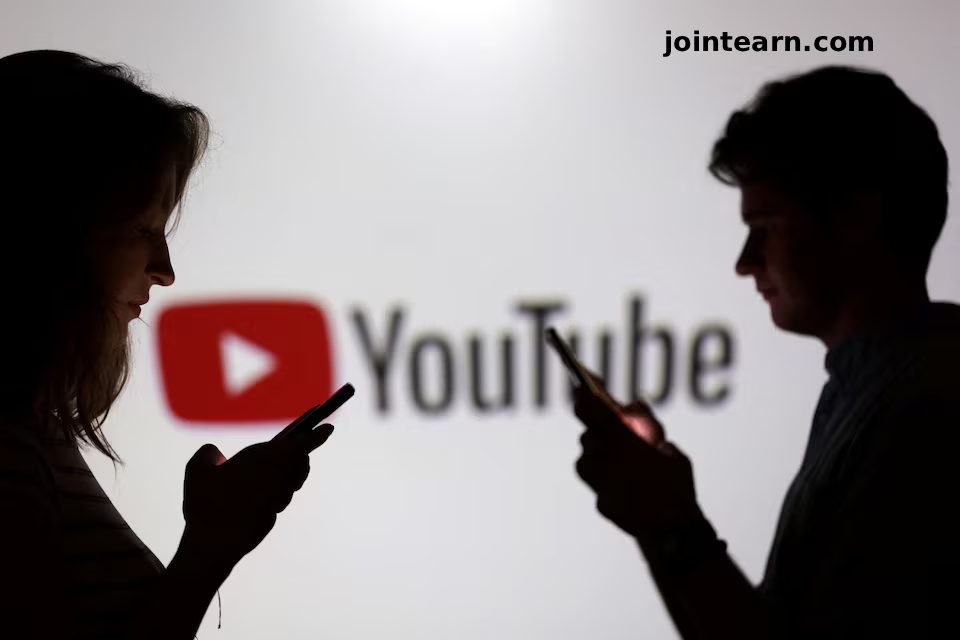
In a significant development for streaming and cable television subscribers, Disney and YouTube TV have reached a deal to restore Disney-owned channels to the popular streaming service after a contentious fee dispute. The agreement ends weeks of disruption that affected millions of viewers, including U.S. audiences during Election Day programming and major live sports events.
Disney Channels Return to YouTube TV
Starting Friday, the full lineup of Disney-owned networks—including ABC, ESPN, FX, National Geographic, Disney Channel, and Nat Geo Wild—will be restored on YouTube TV. Subscribers will now regain access to all previously unavailable content, marking a major relief for sports fans, news viewers, and entertainment enthusiasts alike.
According to YouTube, ESPN’s full sports lineup, including content from ESPN Unlimited, will be available to base-plan subscribers at no additional cost by the end of 2026, ensuring a broad spectrum of sports coverage for millions of fans.
The Cause of the Disruption: Carriage Fee Disputes
The temporary blackout of Disney channels on YouTube TV began on October 30, 2025, due to disagreements over carriage fees—the per-subscriber rates that distributors pay to carry broadcast and cable networks. Reports indicate that Disney sought fees similar to those paid by other major distributors, including approximately $10 per subscriber per month for ESPN.
Walt Disney CEO Bob Iger noted that the company had proposed a deal “equal to or better than what other large distributors have already agreed to,” highlighting the challenge of balancing fair compensation with subscriber costs.
Impact on Subscribers and Sports Fans
During the dispute, YouTube TV subscribers faced limited access to high-profile events, including the November 3 “Monday Night Football” matchup between the Arizona Cardinals and Dallas Cowboys. Disney also requested temporary restoration of ABC for U.S. Election Day coverage on November 4, citing public interest; however, YouTube TV rejected the proposal, stating that a one-day return would confuse subscribers.
To compensate for the blackout, YouTube TV had offered a $20 credit to subscribers if Disney networks remained unavailable for an extended period, demonstrating the platform’s commitment to customer satisfaction amid negotiations.
YouTube TV’s Negotiating Strength
YouTube TV’s rapid growth as a pay-TV platform, combined with Google’s financial resources, has strengthened its negotiating position with media companies. Unlike traditional cable providers, YouTube can endure temporary disruptions without the same short-term financial pressures, giving it leverage in carriage fee negotiations.
The platform has previously navigated complex discussions with major media companies, including Fox, Paramount, and NBCUniversal, successfully maintaining subscriber access despite initial disputes. The resolution with Disney marks another milestone in YouTube TV’s expansion strategy and efforts to stabilize content offerings.
Broader Implications for Disney’s TV Business
The carriage dispute comes amid concerns over the outlook of Disney’s traditional TV business. The company recently missed quarterly revenue expectations, with cable TV performance underperforming compared to robust growth in its streaming and parks divisions. Investors had expressed worries that prolonged negotiations could further impact revenue streams.
Despite these challenges, Disney’s renewed partnership with YouTube TV ensures that popular content remains accessible to a wide audience, reinforcing the value of Disney networks in the digital streaming era.
Conclusion
The resolution of the Disney and YouTube TV dispute represents a major win for subscribers, sports fans, and the streaming industry. By restoring Disney channels, sports programming, and news content, both companies signal a commitment to providing uninterrupted entertainment while navigating complex industry negotiations. As streaming platforms continue to expand, such agreements will be crucial for maintaining consumer trust and sustaining market growth.


Leave a Reply